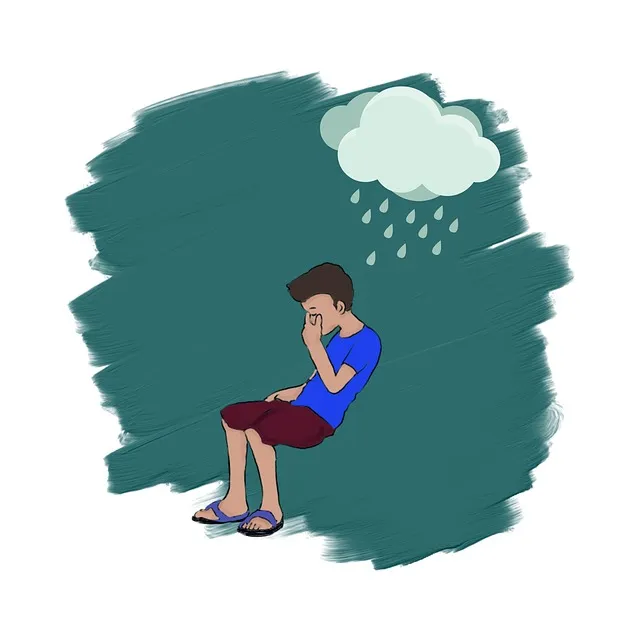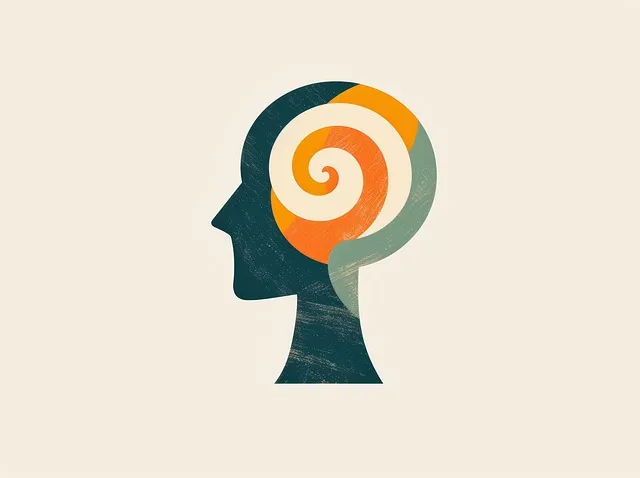The media's portrayal of mental health significantly impacts societal perceptions, with positive representations encouraging help-seeking behaviors and empathy, while negative stereotypes can cause harm. Organizations like Kaiser Permanente Norcal (including their Lone Tree mental health phone line) combat this through community outreach, educational programs, and accessible resources, aiming to reduce stigma and promote understanding. By offering support, risk assessment, and stress management workshops, they empower individuals to cope with mental illness and foster a more compassionate society, emphasizing the importance of accurate media representation and accessible education.
In today’s media landscape, the representation of mental illness is crucial in shaping public perception. This article delves into the profound impact of media portrayals on understanding and addressing mental health challenges. We explore prevalent stereotypes and misconceptions in popular culture, specifically focusing on their effect on vulnerable communities like NorCal’s Lone Tree. Drawing from innovative solutions, such as Kaiser Permanente’s dedicated mental health phone line, we offer strategies to enhance accurate and helpful media representation, fostering a more supportive environment for those seeking help.
- Understanding the Impact of Media Portrayals on Mental Health Perception
- The Current State: Exploring Stereotypes and Misconceptions in Popular Culture
- Kaiser Permanente's Approach: A Phone Line as a Resource for Support and Education
- Overcoming Challenges: Strategies for More Accurate and Helpful Media Representation
Understanding the Impact of Media Portrayals on Mental Health Perception

The media plays a powerful role in shaping societal perceptions about mental health, often influencing how individuals understand and respond to various conditions. Positive representations can foster empathy, reduce stigma, and encourage those struggling to seek help. Conversely, negative or inaccurate portrayals can perpetuate stereotypes, leading to misconceptions and potential harm. This is especially pertinent for organizations like Kaiser Permanente Norcal, where community outreach and education are vital.
By offering Mental Wellness Coaching Programs and Stress Management Workshops, these institutions aim to develop coping skills and promote mental health awareness. Engaging with the community through such initiatives, along with accessible resources like their phone support at Kaiser Permanente Mental Health Phone Number, can significantly impact how media representations of mental illness are received and internalized.
The Current State: Exploring Stereotypes and Misconceptions in Popular Culture

The current state of mental illness representation in media is marked by a complex interplay of stereotypes and misconceptions that have persisted for far too long. Popular culture often portrays individuals with mental health challenges as either dangerously unpredictable or as tragic victims, rarely offering nuanced and accurate portrayals. This one-dimensional view not only perpetuates stigma but also hinders understanding and empathy among the general public.
In California, organizations like Kaiser Permanente Norcal have been at the forefront of addressing these issues through various initiatives. The Lone Tree Mental Health phone line serves as a vital resource for those seeking support, offering risk assessment services and connecting individuals to appropriate mental health professionals. Alongside this, mental health education programs designed with a focus on inner strength development are gaining traction, aiming to foster a more compassionate and informed society. These efforts underscore the importance of challenging stereotypes and misconceptions through both media representation and accessible educational resources.
Kaiser Permanente's Approach: A Phone Line as a Resource for Support and Education

Kaiser Permanente, a leading healthcare organization, has taken a unique approach to addressing mental health concerns within their Norcal region, particularly focusing on Lone Tree communities. They’ve introduced a dedicated phone line as a valuable resource for support and education. This initiative aims to bridge the gap between individuals seeking help and the expertise of healthcare professionals.
The phone line offers a confidential space where people can discuss their experiences with mental illness, learn about various stress reduction methods, and gain access to relevant resources. By fostering open conversations, Kaiser Permanente hopes to enhance public awareness campaigns development and promote cultural competency among healthcare providers. This innovative strategy ensures that communities like Lone Tree receive tailored support, fostering an environment of understanding and improved mental health outcomes.
Overcoming Challenges: Strategies for More Accurate and Helpful Media Representation

Overcoming challenges in media representation of mental illness is paramount to fostering understanding and support for those affected. One significant strategy involves promoting accuracy and diversity in storytelling. This includes consulting with experts, such as mental health professionals from organizations like Kaiser Permanente (norcal Lone Tree), to ensure the portrayal aligns with real-world experiences. By integrating diverse narratives, media can break stereotypes and provide a more nuanced view of various mental health conditions.
Additionally, encouraging positive representations through mindfulness meditation, communication strategies, and promoting positive thinking can make a substantial difference. These approaches help in humanizing characters with mental illness, showcasing their resilience, and offering hope to viewers. Collaborating with advocates and individuals living with mental health challenges ensures that media content not only reflects reality but also empowers audiences to seek support or offer aid when needed, ultimately leading to a more compassionate society.
Media representation of mental illness plays a pivotal role in shaping public perception and access to support. By challenging stereotypes and misconceptions, we can create a more inclusive and understanding society. Kaiser Permanente’s initiative with the mental health phone line in Norcal and Lone Tree demonstrates a promising solution, offering a resource for education and support. Adopting strategies to enhance accurate media portrayal is essential to ensuring individuals struggling with mental health issues receive the help they need, ultimately fostering a more compassionate and informed community.






